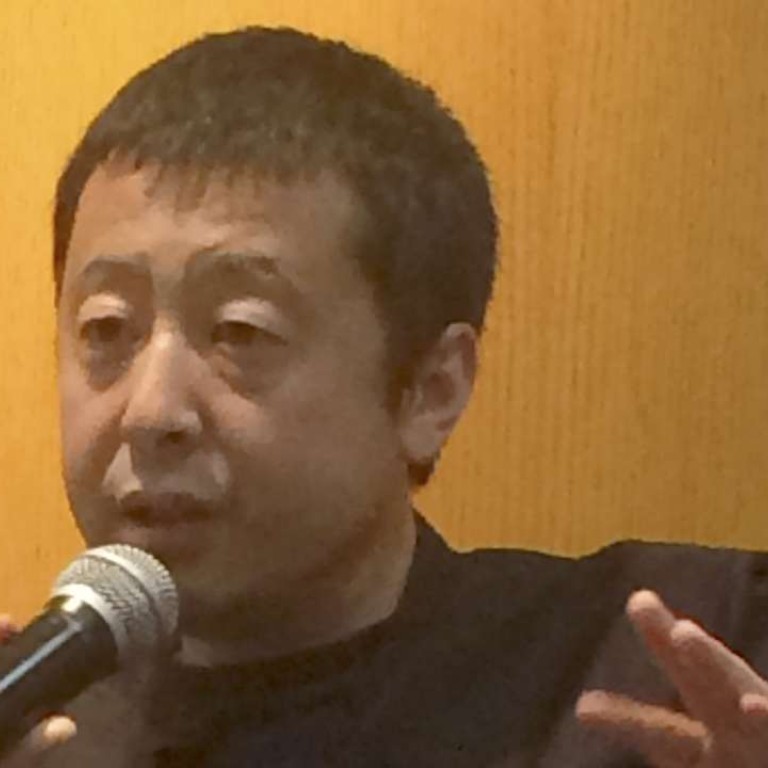
Chinese film director Jia Zhangke to experiment with virtual reality film - a romance
Filmmaker known for movies charting China’s social changes is eager to dip his toe into VR, seeing it as liberating audiences and allowing viewers to choose what they want to be concerned with
Critically acclaimed Chinese director Jia Zhangke says he will make a virtual reality film next year as he and viewers get used to the new medium.
The director, better known for films that depict China’s social changes and acts of violence, said the short film would be a gentle romance as “it takes time for people to feel comfortable” in virtual reality.
“The speed and direction of movements may make people feel physically uncomfortable, so we’re starting with a romantic story,” he said in an interview.
Virtual reality entertainment consists largely of video games, but film festivals are starting to showcase VR films as directors venture into the new medium. It offers a much more solitary experience compared to watching a movie in a packed cinema.

VR requires a headset that blocks out your surroundings and lets you wander through a story in a different world – either by moving a few steps in various directions or sitting on a swivel chair and moving your body to look around a 360-degree scene.
The fake environment is, nonetheless, often realistic, but movie makers are still trying to work out how to tell a story in VR.
“I am still learning about VR and trying to understand it at the moment, but I’m very interested in this new technology, which lets us view space from different angles,” Jia said.
It also gives the audience more power as they choose what to watch.
“In the past, the audience could only imagine the world inside and outside the frame,” he said. “VR liberates an audience and allows people to independently choose what we want to be concerned with. Audiences become more important.”
“Today, we can divert our attention from the close-up shot in a traditional film that we had to watch in the past,” added Jia. “I think it’s a brand new and valuable idea.”

